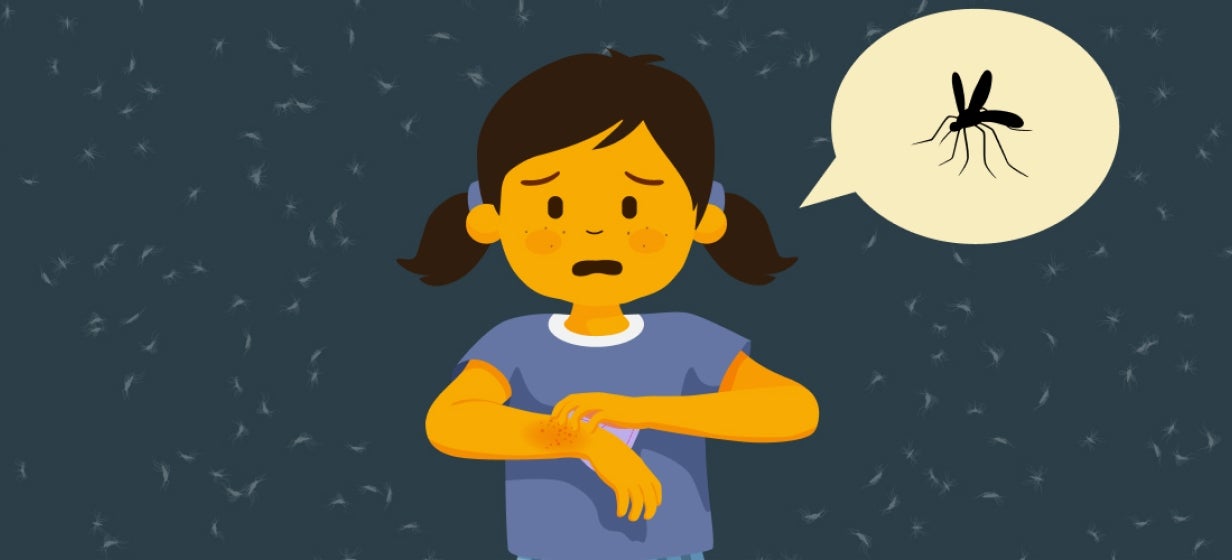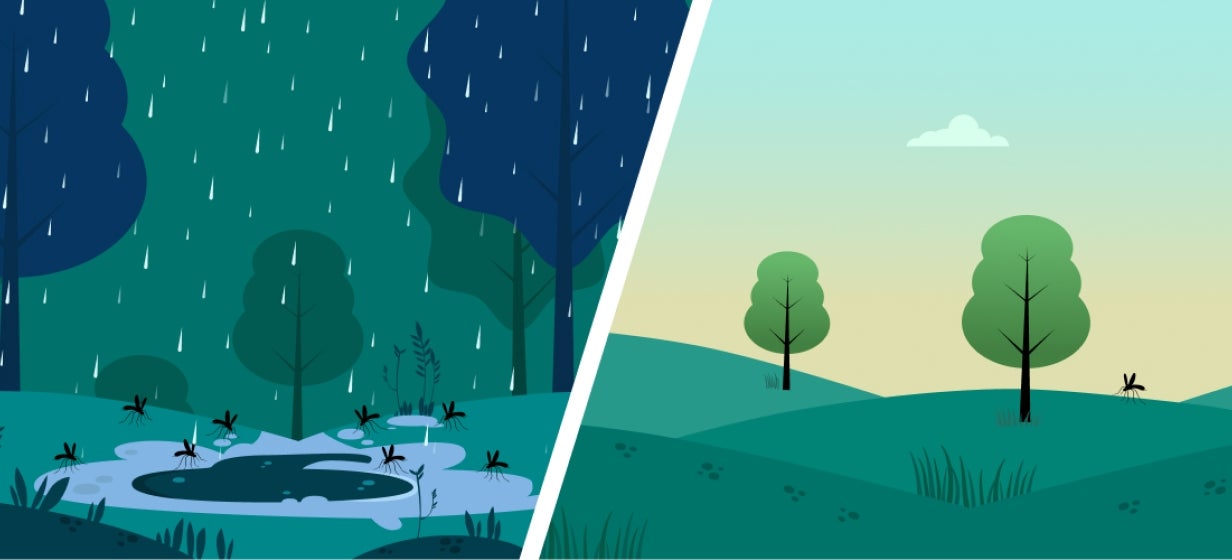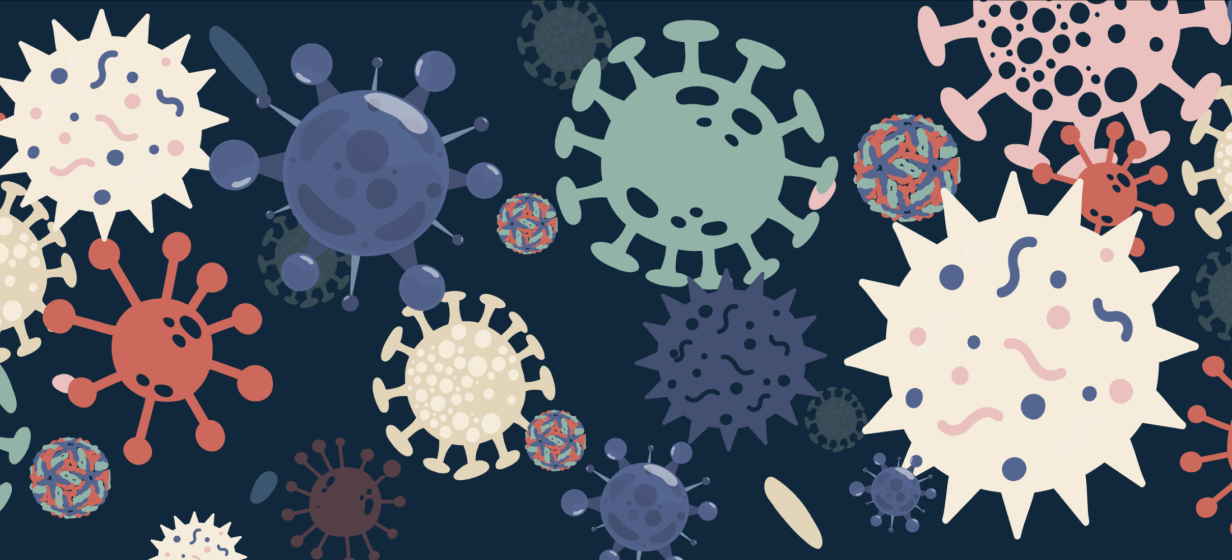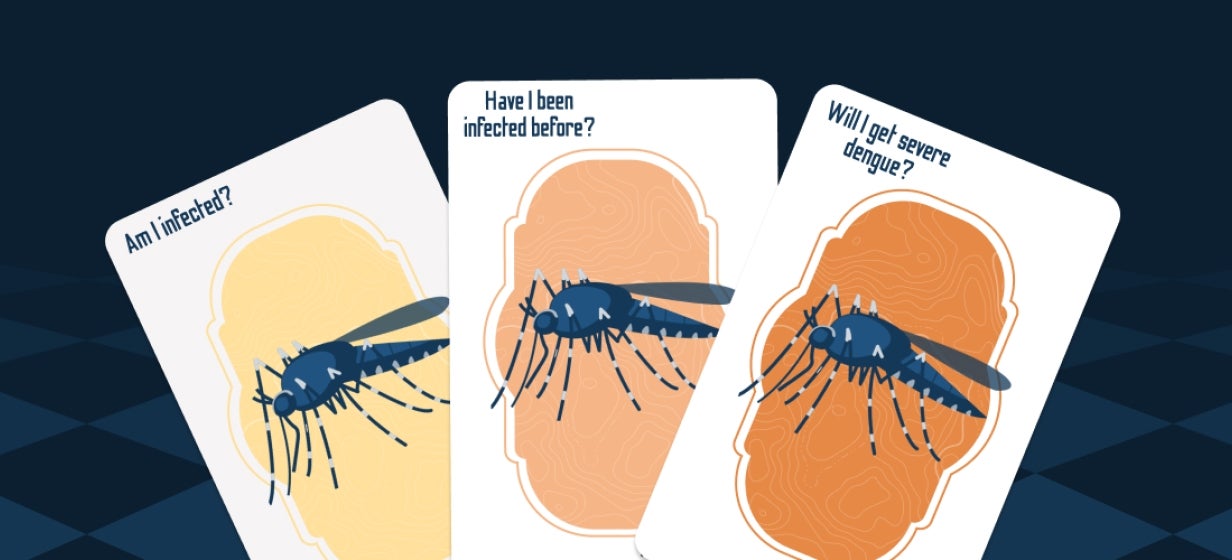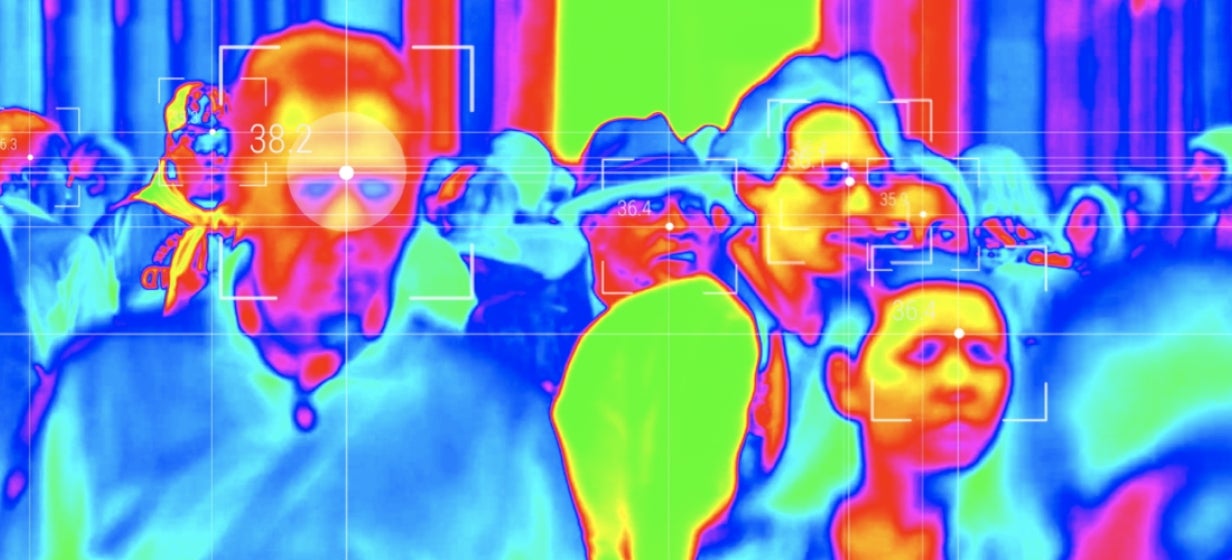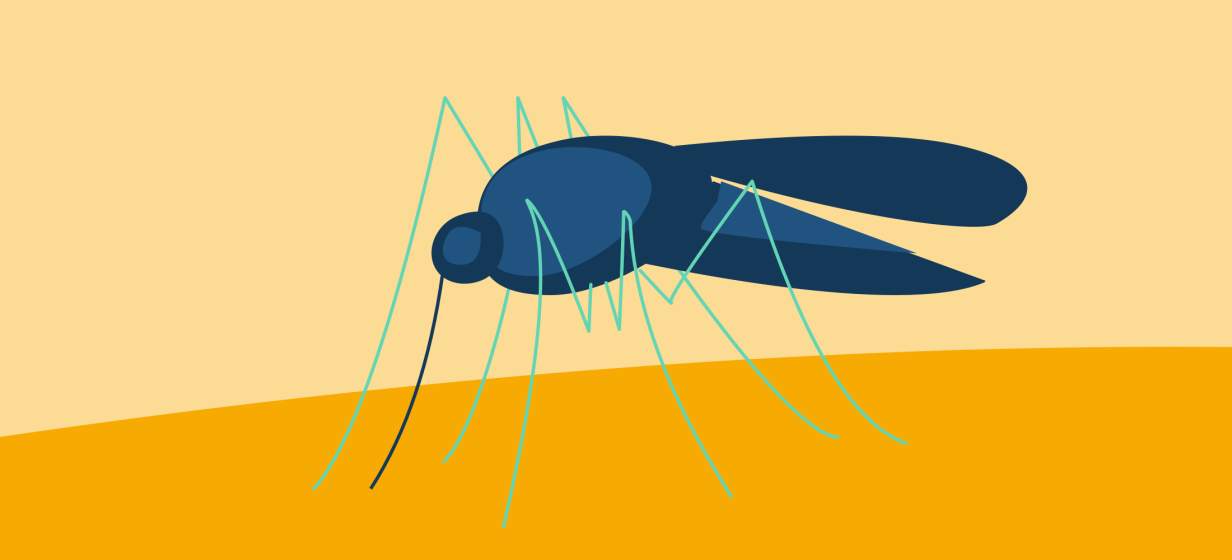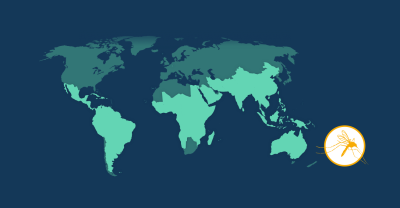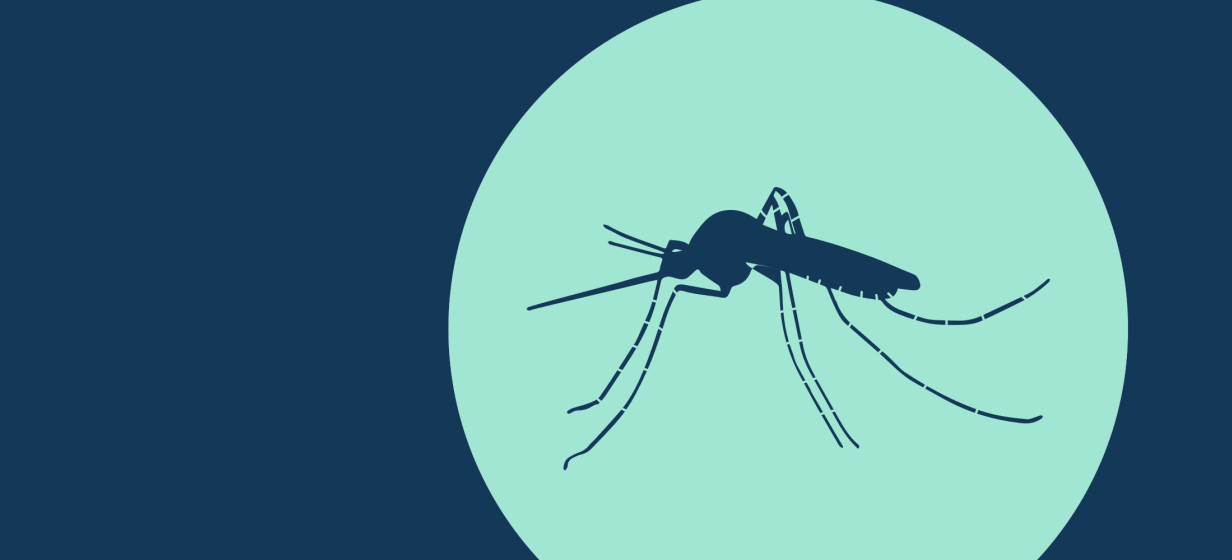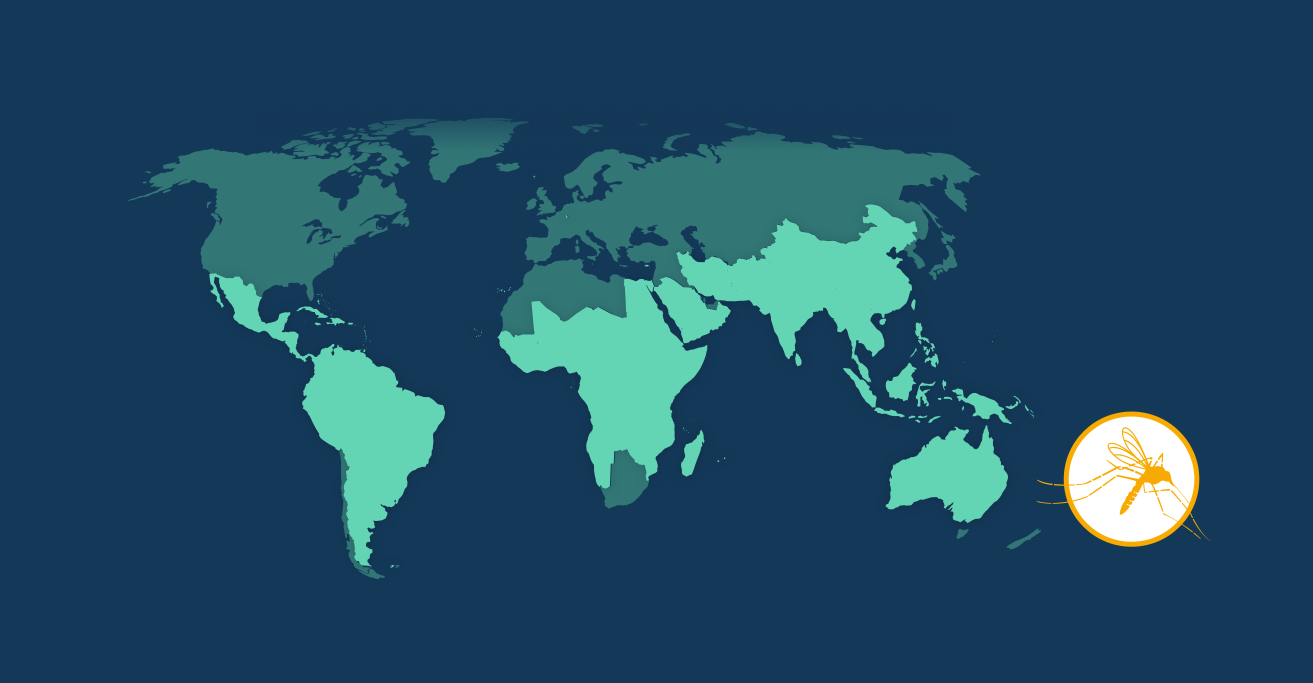Climate change could be helping dengue spread.1,2 Warming climates can increase dengue transmission, as rising temperatures and humidity promote the growth and development of disease-carrying mosquitos.1-4 Also, changes in rainfall can mean more standing water for mosquitoes to breed in.2
Temperature

Researchers have shown that warmer temperatures lead to higher numbers of dengue-carrying mosquitoes (known as Aedes mosquitoes) by increasing their survival and growth rates. What’s more, the time needed for the dengue virus to become contagious may be shortened in warmer temperatures, resulting in significant increase in dengue cases.3–5
As the global climate warms, the various number of places affected by dengue is expected to increase. However, initially this will likely be limited to the warmest periods of the year.6
Rain

Rainfall can also affect dengue cases, as puddles, ponds, or other bodies of water provide places for the mosquitoes to lay eggs and multiply. A peak in dengue cases has been seen to occur 2 months after peak rainfall.4,7 As warmer air can hold more water, climate change can cause more extreme rainfall or flooding.
Humidity

Humidity increases the activity and survival rates of mosquitoes. This in turn, can lead to increased daily biting rates, mosquito dispersal and egg laying.9,10 However, mosquitoes don’t like it too humid, as a humidity above 79% may reduce the population of mosquitoes.9
Climate change means that dengue is now present in areas which it previously wasn’t.3,9 This makes it all the more important to maintain an up-to-date knowledge base of where the risk of dengue may be present and what measures can be taken to minimise this risk.

















